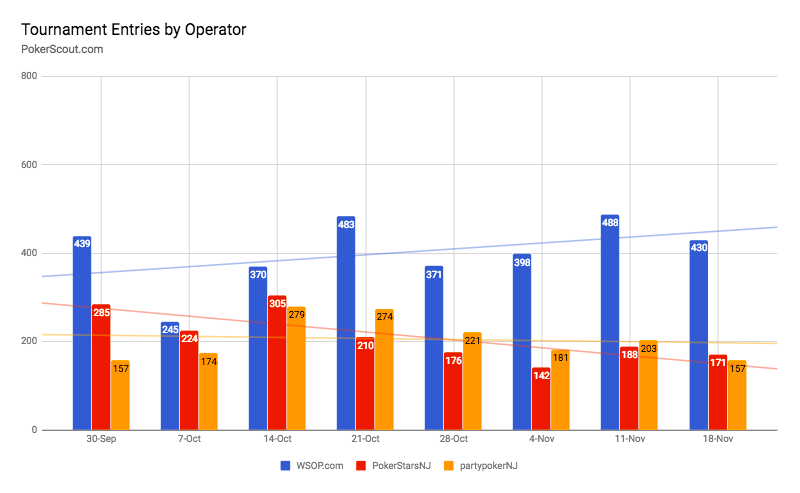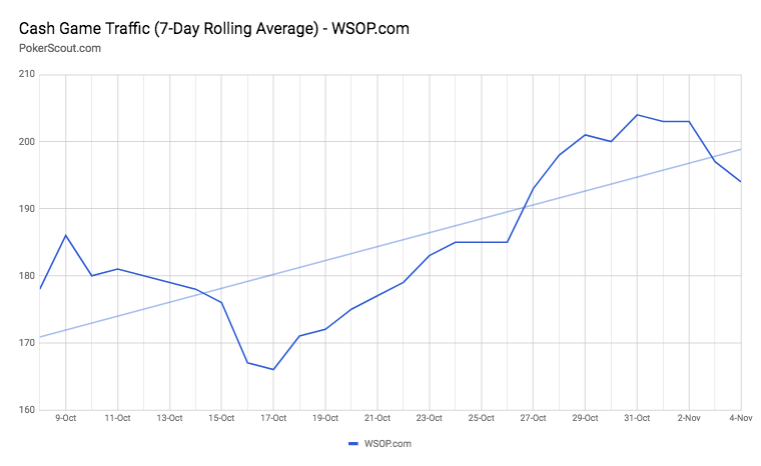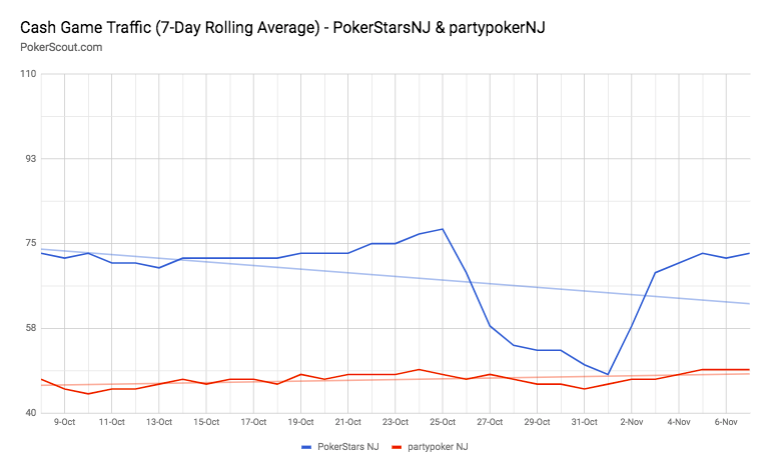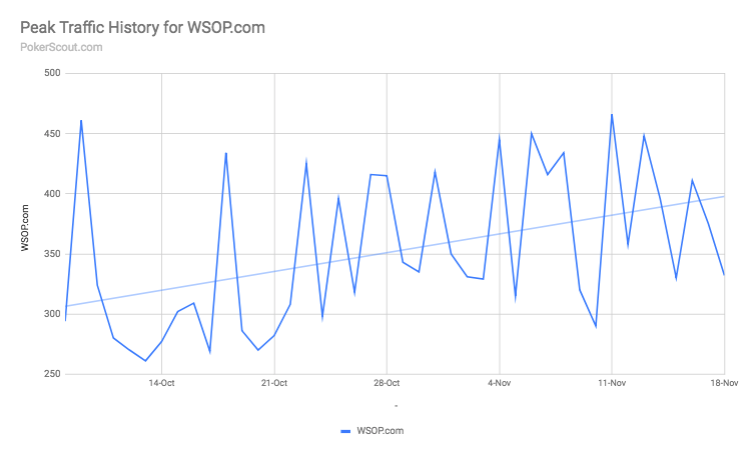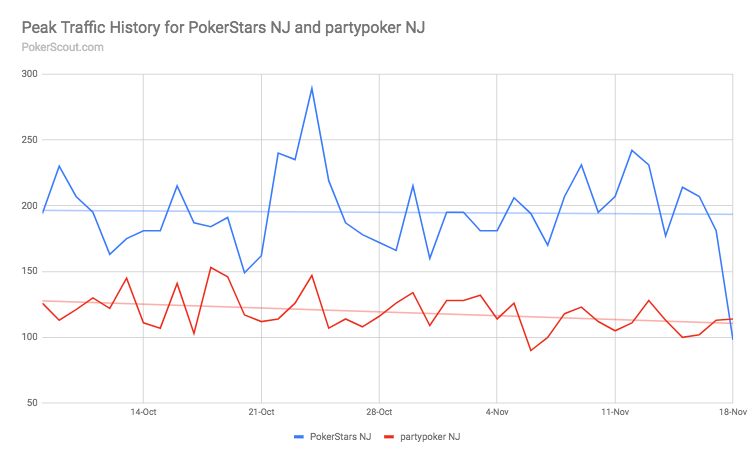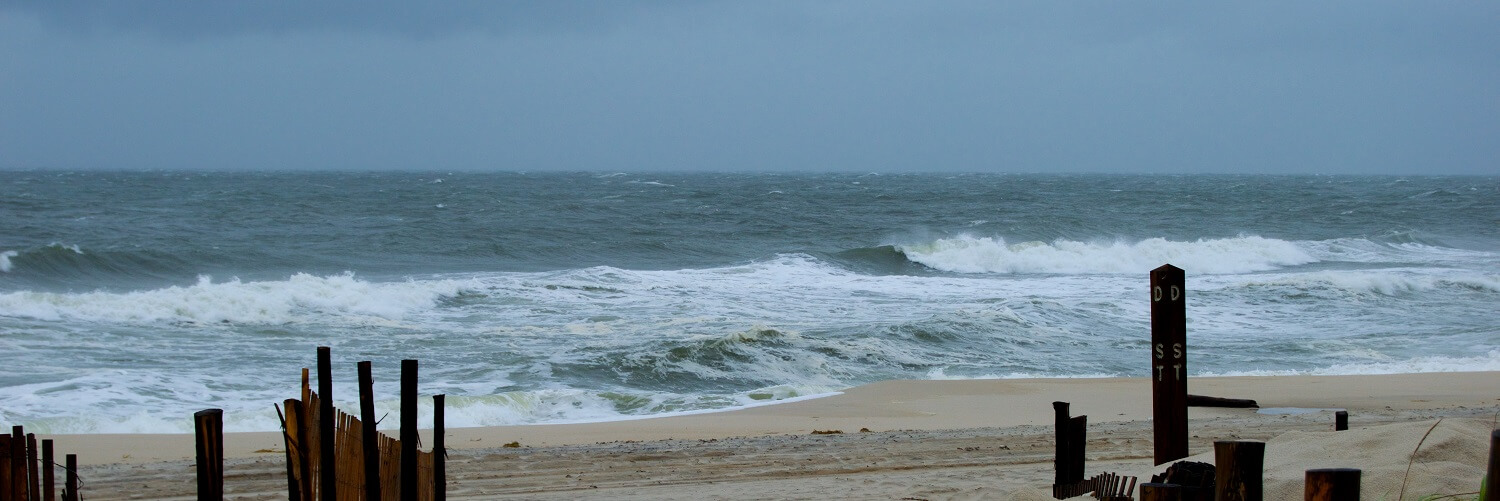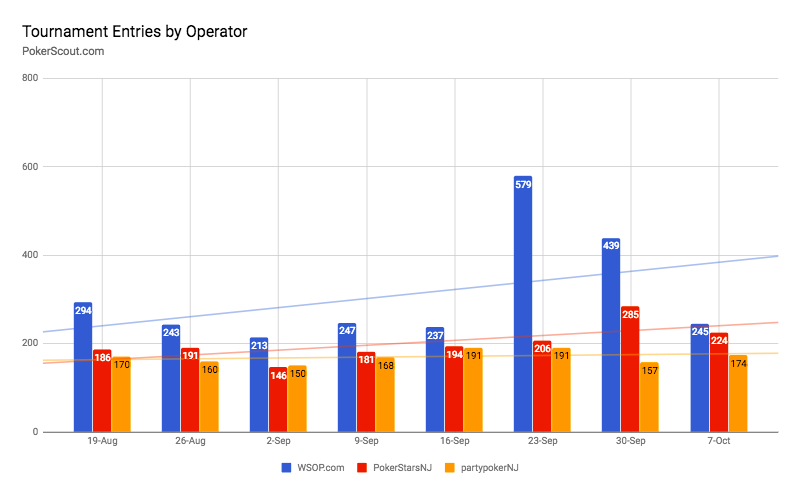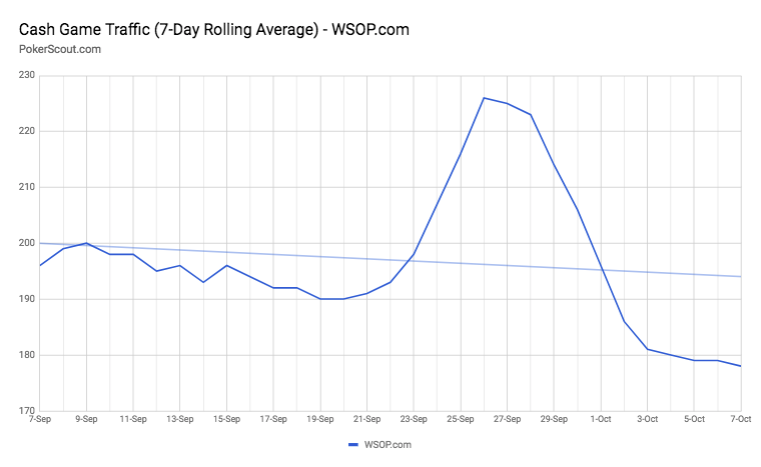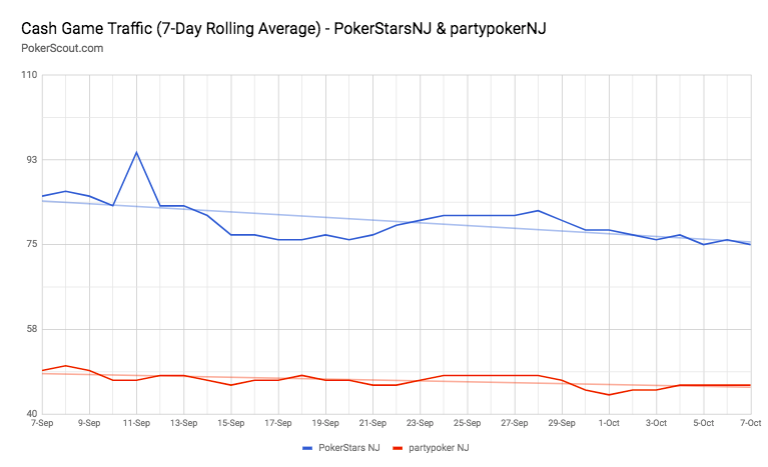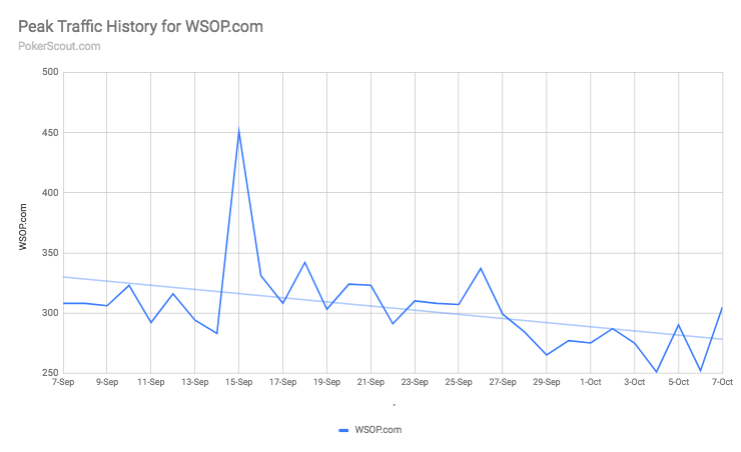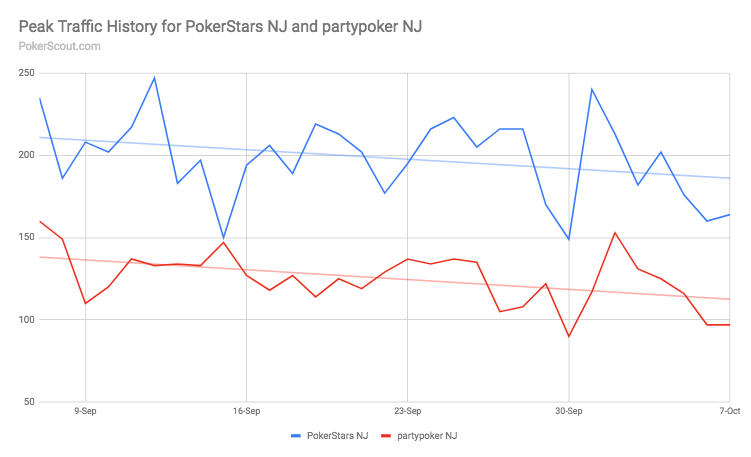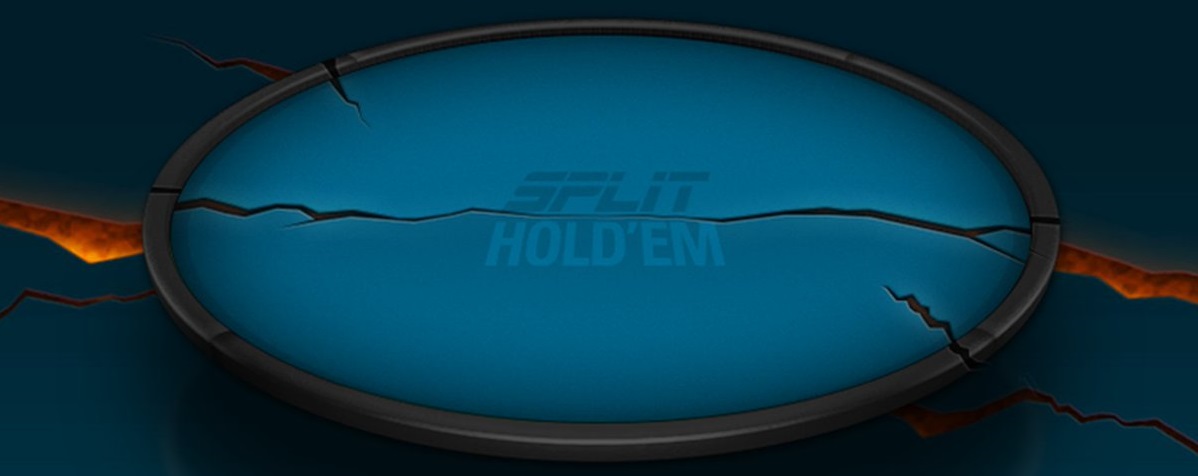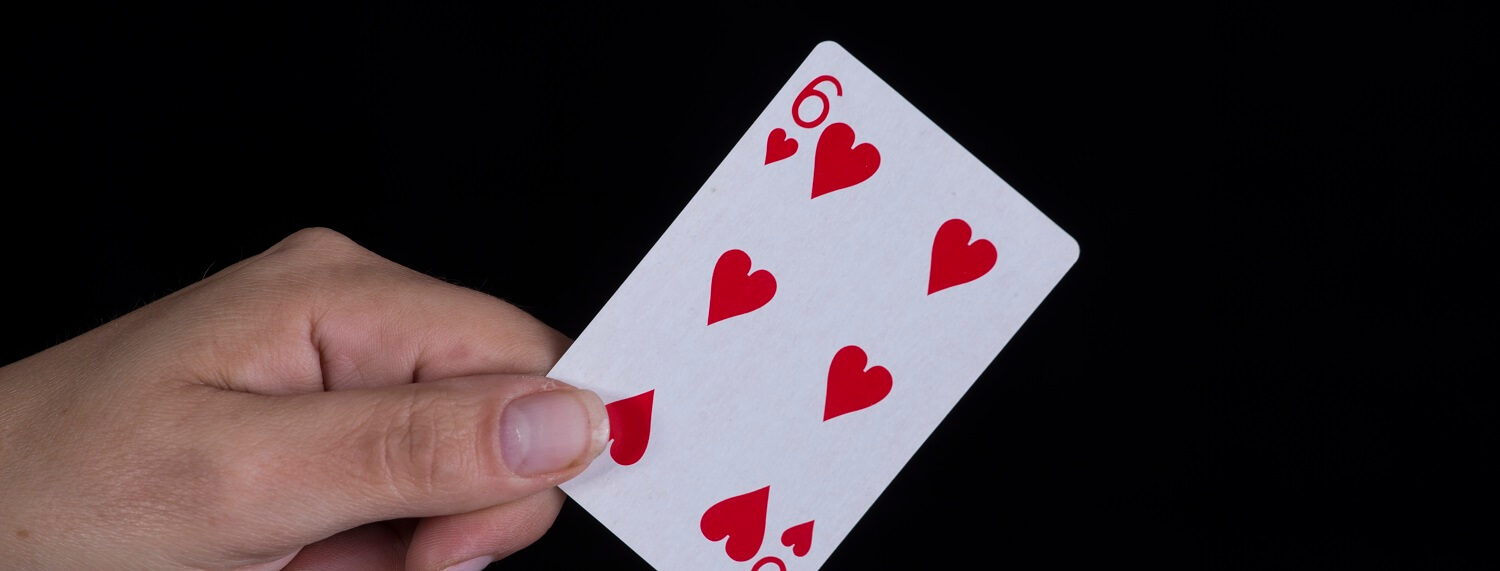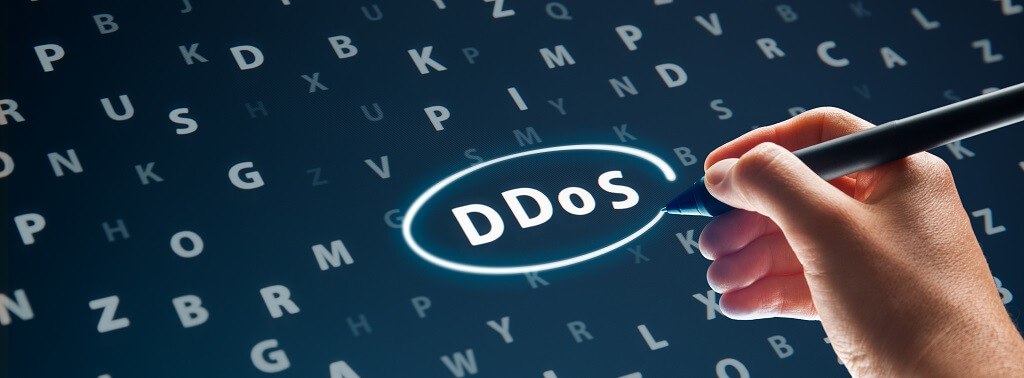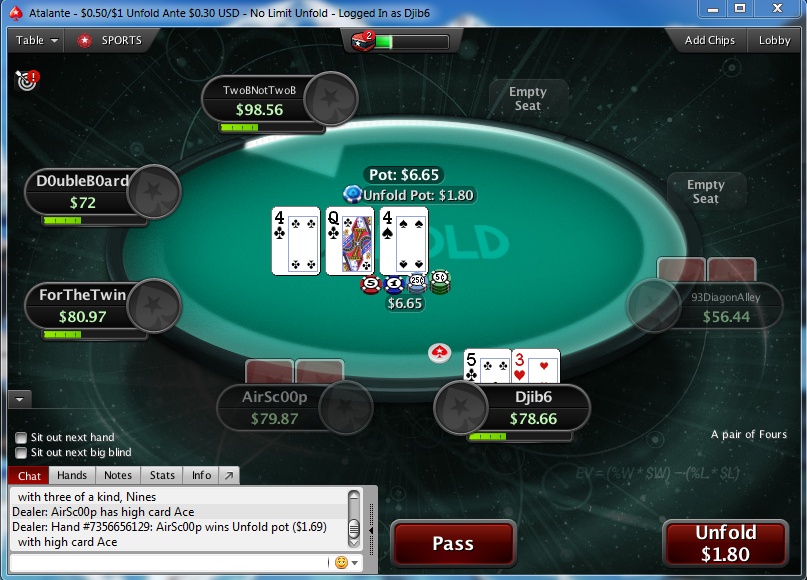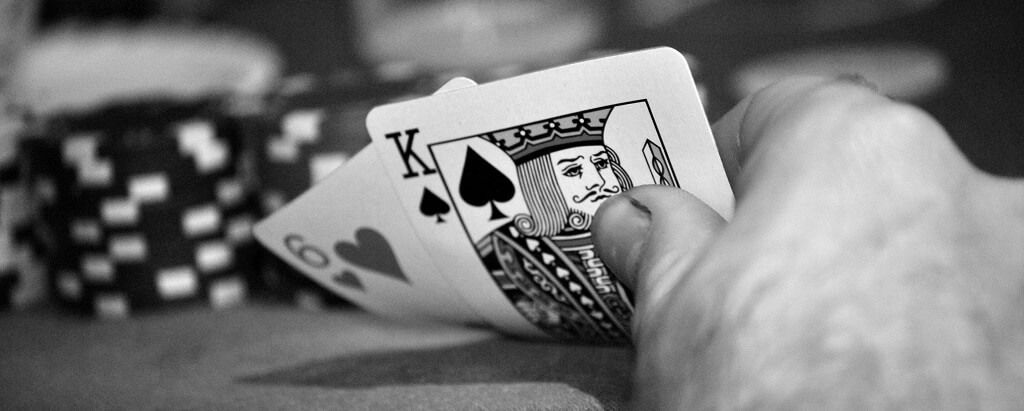The end of the year is a time of giving and receiving. PokerStars is generously giving players the opportunity to win their share of $40 million in the PokerStars Winter Series.
The PokerStars Winter Series will commence on Dec. 23. The series will offer 60 online events over the course of 16 days.
Well, actually, it’s a bit misleading to say that there are just 60 events up for grabs. Each of the events has four tiers – micro, low, medium, and high – that essentially quadruples the actual number of events.
The tiers are separated according to their buy-in levels. They break down as follows:
- Micro – up to $5.50
- Low – up to $55
- Medium – up to $530
- High – up to $5200
So, there’s an opportunity to hit it big no matter the size of one’s bankroll. Each event carries guarantees on all four tiers.
Notable PokerStars Winter Series events
The series will build to a fantastic Main Event on Jan. 6. The guaranteed prize pools for the four tiers of this tournament are worth nearly $4 million alone.
The Main Event will feature 8-max no-limit hold’em. The four tiers of the event are:
- Micro: $2.20 buy-in – $100,000 guaranteed
- Low: $22 buy-in – $750,000 guaranteed
- Medium: $215 buy-in – $1,500,000 guaranteed
- High: $2,100 buy-in – $1,500,000 guaranteed
If a $2,100 buy-in seems a bit steep, PokerStars is running special Spin & Gos that will award seats to the big table. For either $2.50 or $20, players can compete against two other players in a hyper-turbo winner-take-all battle for a seat or, at least, a random cash prize.
There will also be two High Roller events during the series, running Dec. 26 and Jan. 2. These events, which 8-max no-limit hold’em tournaments as well, carry a $5,200 buy-in with a $500,000 guarantee.
Even players who are down on their luck can take part in the Winter Series, thanks to the series’s special freeroll. Players who complete the appropriate challenge will earn entry to the Winter Series $25K Freeroll.
Finally, the Winter Series will offer $3,500,000 in guarantees on its selection of phased tournaments. A phased tournament is a fancy way to describe tournaments with multiple flights or Day 1s.
The great thing about them is that they can allow players to lever themselves into a huge payday, even at the lowest buy-in levels. The Winter Series micro tier of the phased tournaments has a buy-in of just $2.20, but a whopping guarantee of $250,000.
Players who want some variety in their game selection won’t be disappointed, either. Almost every conceivable variation of hold’em has its own event, and there are multiple pot-limit Omaha and no-limit Omaha Eight or Better tournaments as well.
Millions in guarantees even without the Winter Series
Of course, the Winter Series is not the only thing going on at PokerStars. In fact, there’s even more money available just in the course of normal business for the site.
Concurrent to the Winter Series, PokerStars will offer tournaments with combined guarantees totaling $45 million. Chief among those tournaments are the ever-popular Sunday Million events.
The Sunday Million is a $215 buy-in no-limit hold’em donnybrook that has been a staple of PokerStars for more than ten years. The tournament runs every weekend and carries a $1 million guarantee on its prize pool. During the Winter Series, the Sunday Million will run on Dec. 23 and Dec. 30.
PokerStars remains one of the top sources of innovation for poker, too. There are numerous games exclusive to the site, such as Zoom, Spin & Go, and Fusion.
All in all, there’s simply no reason that PokerStars shouldn’t be on everyone’s list during the holidays. Make this a winter to remember!


